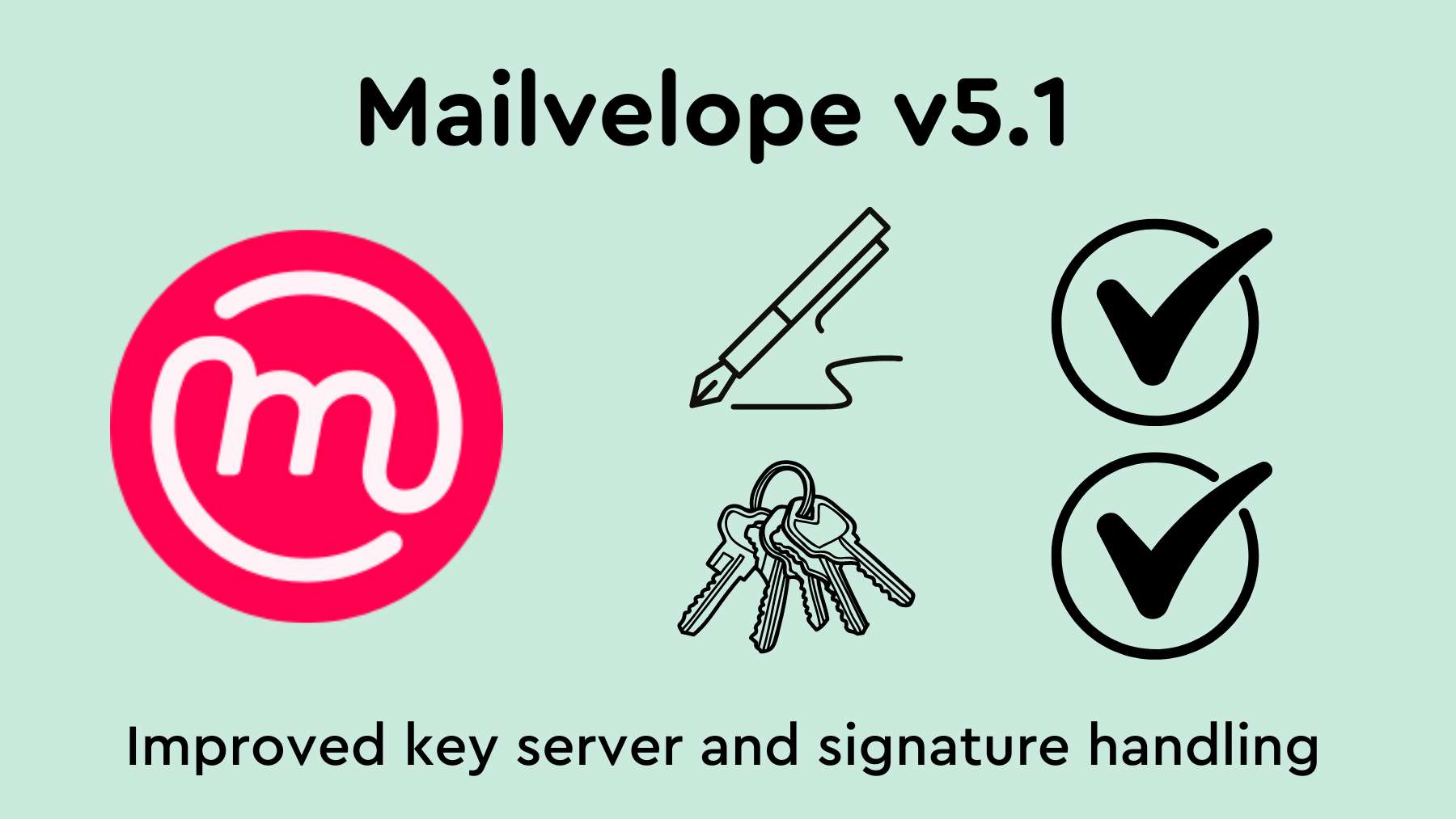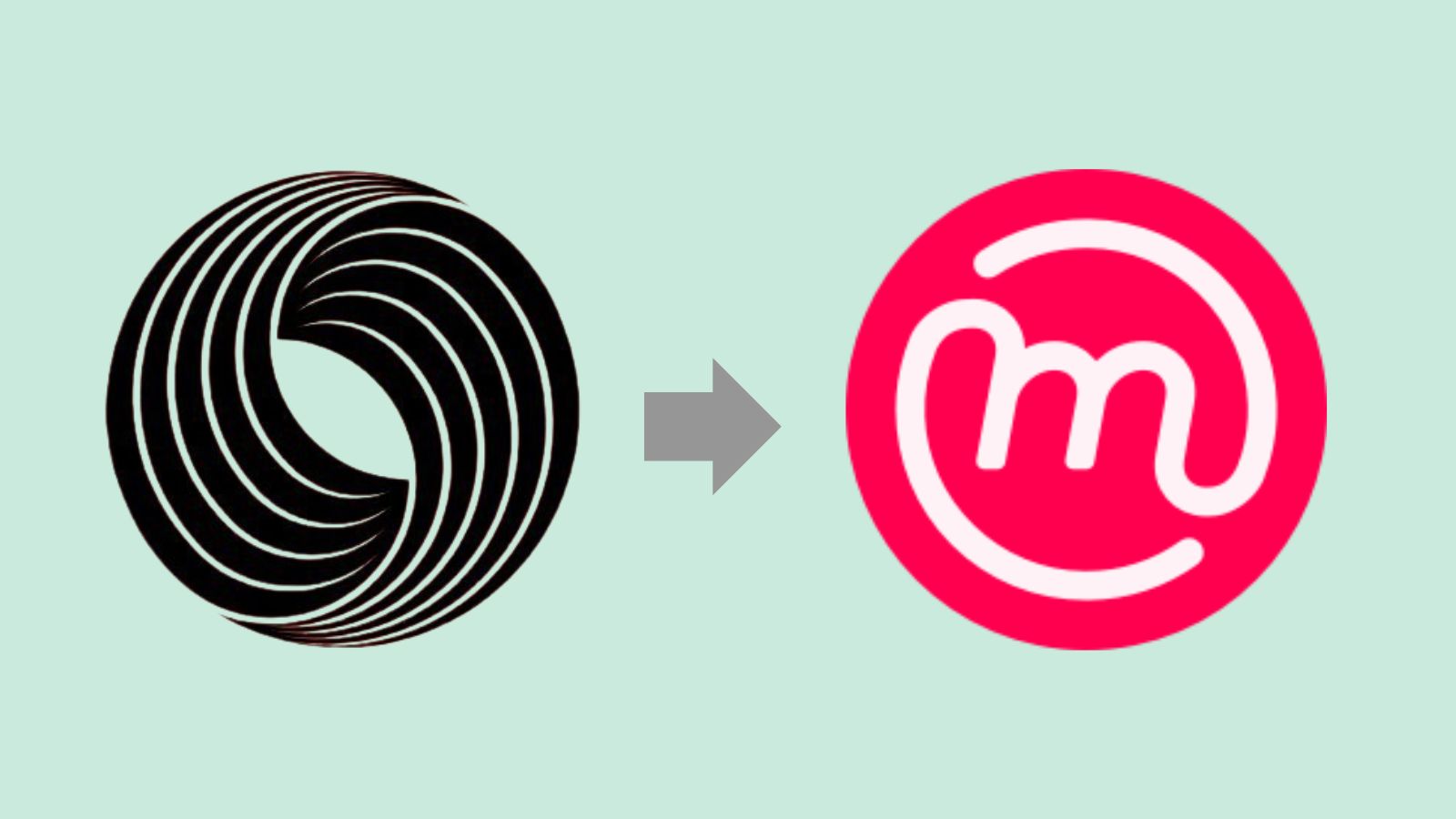How to overcome 'Privacy Cynicism'?

Email is still the global standard for business communication. Often pronounced dead, this now 50-year-old standard is celebrating its perpetual resurrection. When Ray Tomlinson (by the way the inventor of the "@") sent his first email in 1971, not much emphasis was given to the security of the transported content. It was more important that the thing worked [1].
Sending data unencrypted seemed normal back then when even telephones and fax machines worked that way. While encryption was used in the military and by secret services the business world relied on the secrecy of telecommunications that was enshrined in many constitutions at the time. This tradition of relying on the inviolability of communications links is now more than outdated. I do not think I need to list the reasons here.
Despite these circumstances, encryption has never become the standard for email to this day. But more important than the absence of encryption seems the fact that users tend to forget about this. The comparison of email with a snail mail postcard was widely used for decades now, but still, business people from all over the world use such “postcards” for their sensitive communication contents - a practice that would never have been accepted in the case of the good old letter post. As someone who is concerned with the security of emails, it is always amazing to me how little even the tech-savvy are aware of this issue. As it is widely used they assume it must be "somehow" secure. No, sorry folks, it’s not!
Giving up personal privacy in exchange for digital inclusion?
Simply not using email anymore because it is insecure is not likely to be a solution. Who can and wants to do without email today? Of course, you can also voluntarily move into a cave, but socially and professionally, that would mean the end of most relationships.
So do we have to give up everything on the security of our data only to be digitally included? That seems to be the way it is, and this state of affairs can create a certain feeling of powerlessness and even cynicism. Interestingly, even scientific evidence for this phenomenon can be found: "Privacy Cynicism" is the name given to this mood in a noteworthy scientific study of German internet users. Christoph Lutz at al. discuss therein "privacy cynicism in the context of data capitalism, as a coping mechanism to address the tension between digital inclusion and a desire for privacy" [2].
One of the basic ideas of Mailvelope was to overcome exactly this feeling of powerlessness and to give people a tool that helps them to defend themselves against this form of blackmail. Just keep in mind that it’s us that make the rules, not the tech companies. All we would have to do is to change our online habits. Encrypting our email would be a good start. Too difficult? We believe it's not, and we've worked hard over the past 10 years to make it not.
And here’s why you should encrypt your email
So let’s have a more practical look at the implications of encrypting your email conversations. As a private user, using Mailvelope in the free Community Version, you will:
-
Protect Sensitive Information
Email encryption is essential for protecting sensitive information from unauthorized access. By using Mailvelope to encrypt your emails, you can ensure that only the intended recipient can access the contents of the message. This helps to prevent data breaches and potential damage to your reputation.
-
Prevent Email Interception
Email interception is a significant threat to any sensitive information you want to share with others. With Mailvelope, you can encrypt your emails to make it more difficult for unauthorized parties to intercept and read your messages.
-
Build a counterbalance against mass surveillance
Yes, encrypting your email is kind of a political statement, as can be seen from the things already said above. Did you know that Google announced PGP encryption for all Gmail accounts in the aftermath of Snowden files but never did? With Mailvelope though, you can still do that. It's like voting for privacy and encryption beeing taken more serious [3].

As a business user you should be even more concerned about your online security. Mailvelope Business helps you to:
-
Be Compliant with Regulations
Compliance with data privacy regulations is critical for businesses of all sizes. Regulations such as the GDPR require businesses to take measures to protect personal data. Mailvelope Business helps you achieve compliance with these regulations by providing end-to-end encryption for your emails.
-
Enhance Customer Trust
Customers trust businesses that take data privacy seriously. By using Mailvelope Business to encrypt your emails, you can demonstrate your commitment to protecting customer information. This helps to build trust with your customers and enhances your reputation as a responsible business.
-
Secure Communication with Third Parties
Communication with third-party vendors, contractors, and partners is essential for many businesses. However, sharing confidential information via email can be risky. By using Mailvelope Business to encrypt your emails, you can ensure that confidential information remains secure even when shared with third parties.
I hope the above and the arguments have convinced you that it is worthwhile to encrypt at least part of your emails. But there are also a lot of other things you can do: convince your friends and colleagues of the benefits of email encryption. Spread the word about this article, or if you have experience in programming, you can even think about contributing. Mailvelope is open source, and contributions to the source code are open to everyone.
Last but not least: if you are a business owner, or the head of an organization, using Google Workspace, consider trying Mailvelope Business 14 days for free or let us know what you need.
[1] A detailed “History of email” can be found here: https://en.wikipedia.org/wiki/History_of_email)
[2] Lutz, C., Hoffmann, C. P., & Ranzini, G. (2020). Data capitalism and the user: An exploration of privacy cynicism in Germany. New Media & Society, 22(7), 1168–1187: https://doi.org/10.1177/1461444820912544
[3] See this article: https://www.csoonline.com/article/3175129/google-shifts-on-email-encryption-tool-leaving-its-fate-unclear.html


